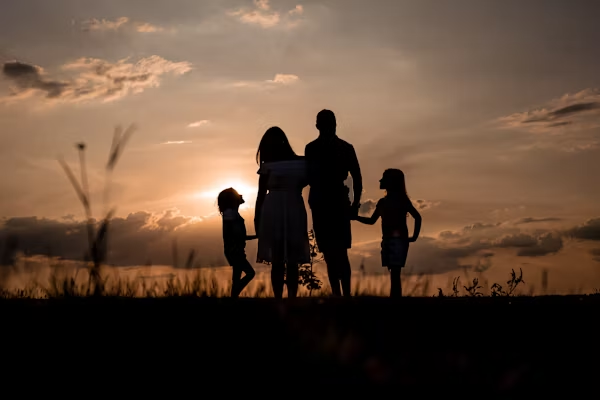Addiction doesn’t affect just one person—it impacts the entire family. Loved ones often experience their own emotional rollercoaster of confusion, fear, guilt, frustration, and hope. In many cases, family members struggle in silence, unsure how to help or how to heal. That’s why resources like support groups for families of addicts are so essential—they create spaces where families can process their experiences, gain clarity, and find strength through shared understanding.
When families learn, grow, and recover together, they not only support their loved one’s healing but also rebuild trust, communication, and emotional stability within the household.
The Ripple Effect of Addiction on Families
Addiction often disrupts family dynamics, leading to tension, miscommunication, and emotional burnout. Parents may feel guilt or blame, siblings may feel overlooked or resentful, and spouses may experience betrayal or uncertainty. Without healthy outlets or guidance, these emotions can create patterns of enabling, overcontrol, withdrawal, or conflict.
Acknowledging the impact of addiction on the entire family is the first step toward collective healing.
Why Family Support Is Critical in Recovery
Support from family can be one of the most powerful contributors to a person’s recovery journey. However, family members also need tools, education, and emotional support to provide that help in a healthy way. Support groups help families understand addiction as a disease, not a choice, which reduces blame and encourages compassion.
When families shift from reacting in fear to responding with understanding and healthy boundaries, they create an environment more conducive to long-term recovery.
Shared Understanding Reduces Isolation
Many families feel alone in their experience—afraid to speak out due to stigma or shame. Joining a group of individuals facing similar challenges provides relief through connection. Simply hearing someone say, “I understand what you’re going through,” can ease emotional burden and restore hope.
In group environments, family members find reassurance, community, and the reminder that healing is possible—not just for their loved one, but for themselves.
Learning Healthy Boundaries and Communication
Families often grapple with balancing support and accountability. Support groups help teach skills such as:
- Setting healthy limits without guilt
- Encouraging accountability without shame
- Avoiding enabling behavior
- Communicating with empathy and clarity
When families establish boundaries rooted in love and respect rather than fear and desperation, they create conditions that support sustainable recovery for their loved one.
Healing Emotional Wounds Together
Addiction can fracture trust, cause emotional harm, and build walls between family members. Healing these wounds requires time, honesty, and empathy. Through shared conversations and guided group support, families can learn how to forgive, rebuild trust, and move forward together. This does not erase past hurt but allows space for reconciliation, understanding, and growth.
Strengthening the Family Unit
When family members support one another and grow together, they become more unified and resilient. Instead of functioning in survival mode, families can develop positive patterns such as:
- Calm problem-solving
- Emotional validation
- Mutual accountability
- Collaborative goal-setting
A strong family support system becomes a protective factor, helping reduce the likelihood of relapse and supporting long-term recovery.
Encouraging Personal Healing for Every Member
It’s common for family members to neglect their own mental health while focusing solely on their loved one in recovery. Support groups emphasize the importance of self-care and healing for each family member. When individuals care for their own emotional needs, they are better equipped to support their loved one with clarity, patience, and compassion.
The Power of Hope in Family Recovery
Recovery is not always linear—it may involve setbacks, emotional strain, and moments of uncertainty. Family-focused support groups help maintain hope by sharing stories of progress, resilience, and renewed relationships. Hope fuels perseverance, helps families stay grounded, and encourages them to keep believing in the possibility of a healthier future.
Healing Together, Growing Forward
Family recovery is not about returning to how things were—but creating something stronger, healthier, and more connected moving forward. Through shared understanding, clear boundaries, and emotional support, families can rebuild relationships and foster an environment that supports long-term healing.
When recovery becomes a shared journey rather than a solitary struggle, families don’t just survive—their bonds are renewed, their communication is strengthened, and healing becomes a collective transformation.

